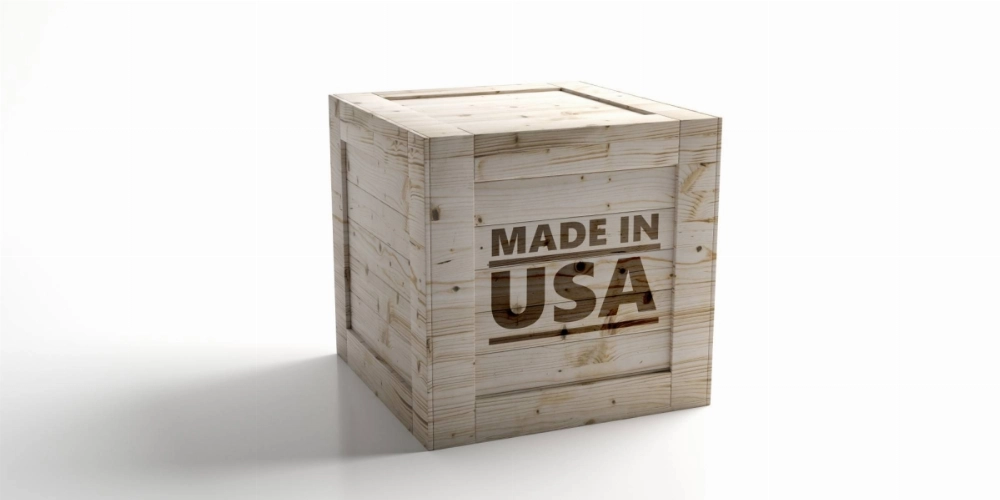"Buy American” sounds like such a good idea. The phrase itself evokes the benefits of commerce and of America selling things, while renewed interest in industrial policy from both Republicans and Democrats increases the concept’s political appeal.
When assessing economic ideas, however, the focus should be not on vibes but on data. And a new study from the National Bureau of Economic Research indicates that Buy America provisions are costly and at best only modestly effective in creating jobs.
The concept may seem contemporary, but the Buy American Act actually dates to the Depression and was signed by President Herbert Hoover in 1933. It stipulates that, unless appropriate waivers are in place, the federal government should buy American-made goods and at least half of the cost of production of those goods should be spent in America. More recently, the provisions of the act have been applied to the Inflation Reduction Act and the Infrastructure Investment and Jobs Act.


















With your current subscription plan you can comment on stories. However, before writing your first comment, please create a display name in the Profile section of your subscriber account page.